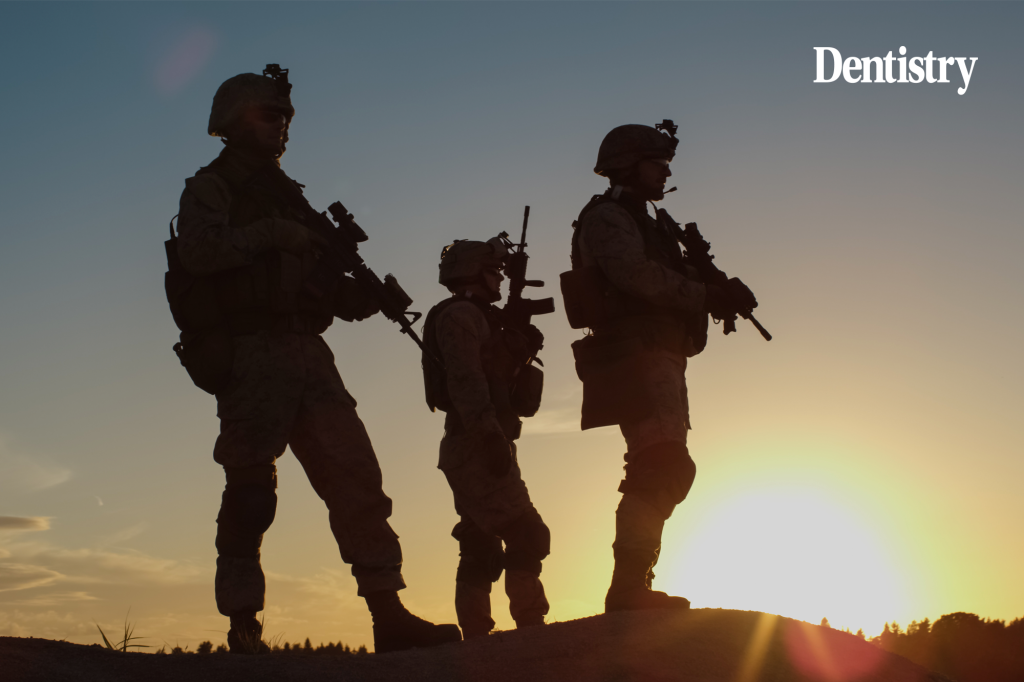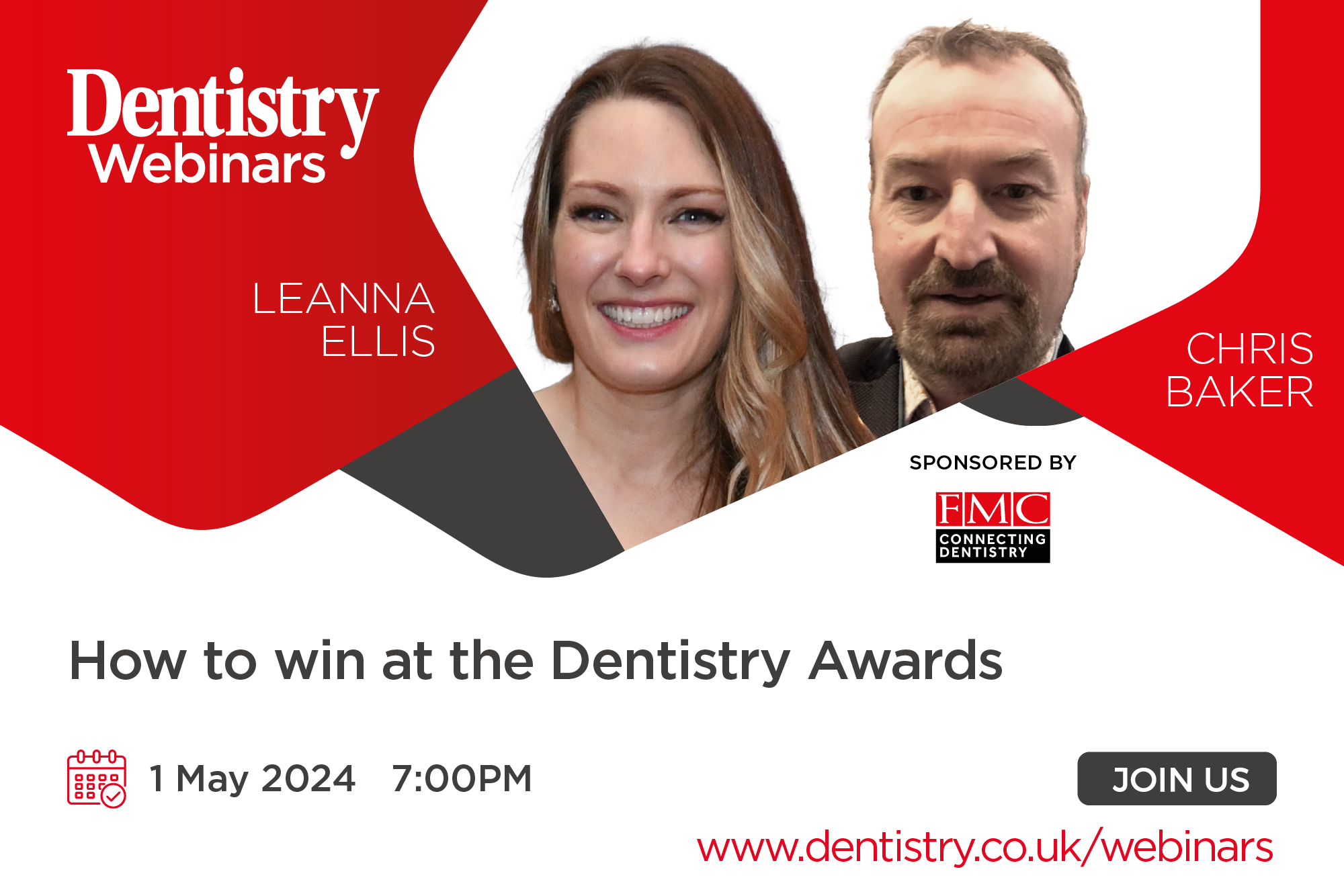
A new study exploring the impact of war on oral health among children and adults found a decrease in dental caries in more war-prone areas.
Published in Nature on 15 April, the study reviewed oral health statistics from databases such as Pubmed and Google Scholar. The authors of the study believe the decreased level of caries is due to limited access to carbohydrates and sugar during conflicts.
While decay was found to be less prevalent in war-prone regions, increased levels of periodontitis were also observed. The study suggests that this is due to reduced access to food and diminished oral hygiene habits. The authors of the study said the impact of war is therefore ‘multi-faceted’, with both positive and negative effects observed.
They said: ‘This review underscores the multifaceted impact of war on oral health, revealing a notable prevalence of periodontal problems, craniofacial injuries and varying rates of dental caries across affected populations.’
Oral health of soldiers
One of the studies included within the review focused on the impact of war on the oral health of professional soldiers. It found a significant increase in the prevalence and severity of dental diseases among the soldiers during conflict. The study says this is due to fewer dental visits, less frequent daily brushing and poorer diet.
In March, a Freedom of Information request revealed that more than 27,000 British armed forces troops require urgent dental treatment. This represents more than 10% of all troops throughout the army, navy and air force.
Former military intelligence officer Colonel Philip Ingram commented on the figures, emphasising the importance of oral health for soldiers.
He said: ‘Dental fitness is a prerequisite for every service person prior to deployment on operations. All service personnel must have annual dental checks to ensure they are dentally fit.
‘Dental issues can have a major debilitating effect and undermine a service person’s ability to do their job on operations. This is why dental teams are deployed into every operational theatre.’
Follow Dentistry.co.uk on Instagram to keep up with all the latest dental news and trends.



